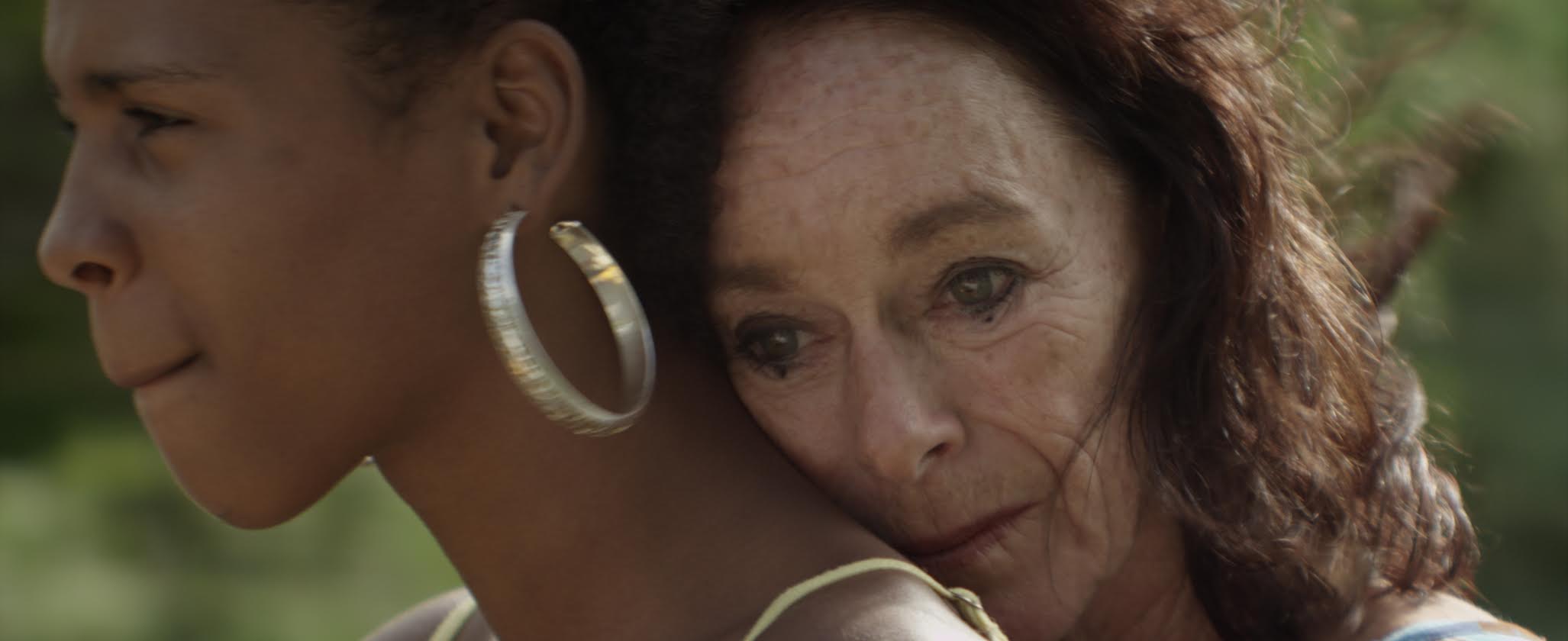Jose Gives Thanks
 Thursday, November 26, 2015 at 9:00AM
Thursday, November 26, 2015 at 9:00AM Jose here. As a non-American, Thanksgiving has always been my favorite US holiday because it's the time of the year when it's socially acceptable for people to put marshmallows and cranberries on everything. A practice which I refuse to stop during the other 364 days of the year, but which for 24 hours helps me bond with the people I love, as I argue about why movies with subtitles are as nourishing as turkey and gravy. Other than complex carbs, I'm also thankful for
Other than complex carbs, I'm also thankful for
...J.Law away from Dior's gold and diamond shackles. She has rarely looked better than in the black Ralph Lauren she wore to one of the Mockingjay: Part 2 premieres.
...Charlotte Rampling's skinny jeans in 45 Years.
...3D movies that challenge everything I thought about the medium (thank you Gaspar Noe and Wim Wenders)
...for world cinema, and for the opportunity I've had to talk to so many international filmmakers this year. It was my personal mission to interview as many directors with Foreign Language Oscar submissions as possible, and I'm appreciative of the warm response you've all given to the interviews (there are more to come...)
...Finally learning how to pronounce Saoirse Ronan's name (sear + sha ♥) so I can tell everyone how much I adored her work in Brooklyn. (Also, kudos to that movie for getting what it's like to leave your home behind to start anew abroad. It's one of the best films about immigration since Elia Kazan's America America.)
... Michael B. Jordan running around in grey sweatpants in Creed.

...The fuzzy feeling, and donut craving, every time I watch Tangerine.
...theatre people popping up in movies (Lillias White in Nasty Baby! Brian d'Arcy James in Spotlight! Audra McDonald in Ricki and the Flash! Nikki M. James in Lucky Stiff! Patina Miller in The Hunger Games: Mockingjay Pt. 2) not to mention the beauty that was The Last Five Years.
...Rooney Mara and Kristen Stewart proving they are brilliant actresses and winning awards for their work in France.
...Marion Cotillard's "spot" monologue from Macbeth.
...Nina Hoss in Phoenix. Greta Gerwig in Mistress America. Rose Byrne in Spy. Laia Costa in Victoria and the girls from The Wonders and Fort Tilden.
...the movie gods granting me an audience with Winona Ryder.

Finally, I'm thankful for "Oscar Winner Julianne Moore" (and don't you forget it!)

You can read more about our contributors at the about page and click here for all of Jose's work
 Jose & Murtada at the Fox Searchlight Holiday PartyJose Solís (Fashion / News / Interviews)
Jose & Murtada at the Fox Searchlight Holiday PartyJose Solís (Fashion / News / Interviews)
Jose Solís wanted to write about film since he was a child which is why he followed the yellow brick road and moved to Oz (ahem NYC) to make his dream come true. He has been writing about film since 2003 and regularly contributes to The Film Experience and PopMatters. He is also having a torrid affair with Broadway and theatAH and writes about those at StageBuddy.com. He is a member of the Online Film Critics Society.
[Follow Jose on Twitter]








